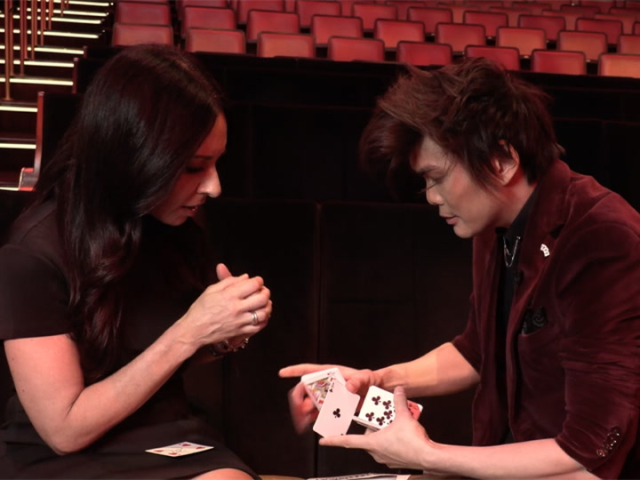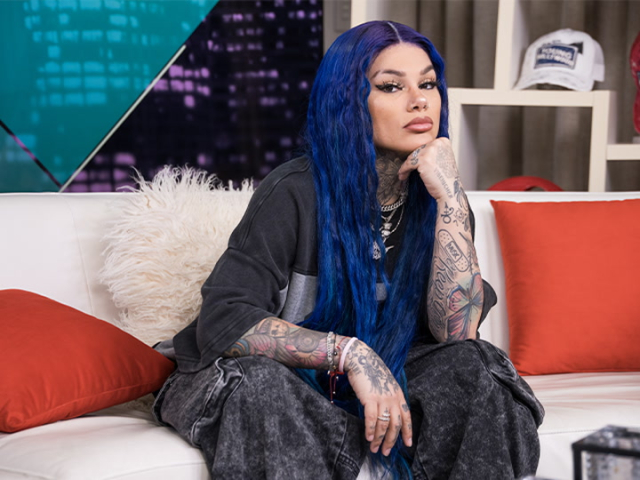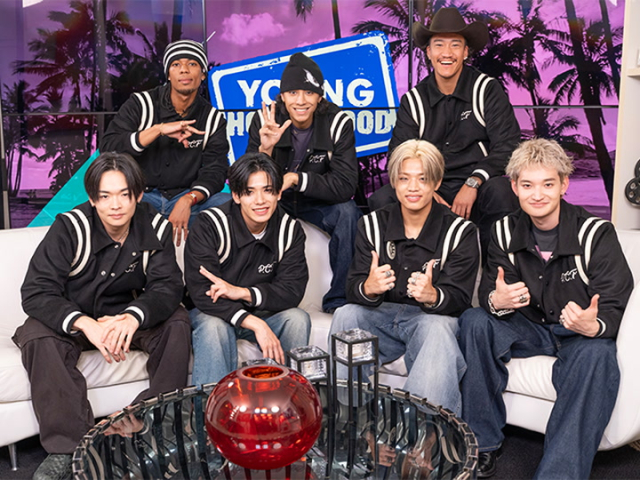Q&A: Author Lisa Scottoline
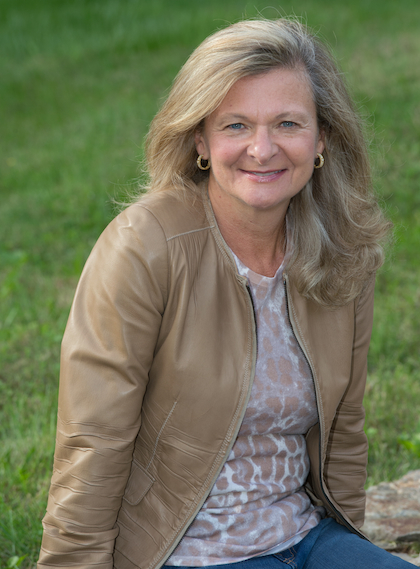
Over the years, the books of author extraordinaire Lisa Scottoline have appeared on major bookseller lists, including The New York Times, Washington Post, and Publisher’s Weekly. There are over 30 million copies of her book in print, and they are available in 35 different countries. Lisa originally hails from Philadelphia, where she worked as a trial attorney until the birth of her daughter, Francesca. She left the firm to raise her daughter and try her hand at writing, with very successful results. She currently co-writes a column with her daughter titled “Chick Wit” for The Philadelphia Inquirer. Lisa’s novels involve much of her own life, including her legal background and her large, loving, Italian family.
Lisa’s latest novel, Accused, was released just this week. The book centers around the ladies of Rosato & Associates where Mary DiNunzio has become a partner in the firm, which affects her relationships with the other associates as well as her boyfriend, who wants to take their relationship to the next level. Mary’s latest client, Allegra Gardner, is a bit more unusual. She’s 13 years old, and she wants to retain the firm to prove that Lonnie Stall, who was arrested for the murder of her sister six years earlier, isn’t actually the murderer. The plot thickens as Mary uncovers some disturbing details about the case, learns about Allegra’s background, and navigates her new position. I ended up reading the book in roughly three days, as I found that I wasn’t able to put it down. I was charmed by Allegra’s unusual hobbies, such as beekeeping, and I loved Mary’s large, quirky Italian family. I would love to have Sunday dinner with them (even though they’re fictional)!
In real life, Lisa is charming and cheerful. She has a wicked sense of humor and is willing to poke fun at herself. She’s happy to give advice to writers and share delicious Italian recipes. During our chat, Lisa revealed hr inspiration for Accused, what it’s like to co-write a column, and how difficult it is to keep bees:
YH: Where did the idea for Accused come from?
LS: It’s a re-launch of a series. I’ve written about these women before. The plot is never as important as the characters, so the idea for the book really came from the notion of what is happening to these women. It’s four women who run a law firm and are really tight. There are two best friends, and one becomes a partner and the other doesn’t. That’s really the essential idea to the story. I wanted to see what happens to the female friendship when circumstances change. And they’re really great friends. I’ve had best friends for 30 years standing, and I really regard my friends with respect, and I love them. We all love each other. I think that there are a lot of positive depictions of female friendship. However, it’s important to look at the darker side. Is jealousy created? One is getting married and one isn’t. One is moving along and the other isn’t. How do the two friends handle this? That’s what I really wanted to look at. This conflict between the best friends is mirrored in the book. Here’s a guy who’s pleaded guilty to a murder that he may or may not have committed. In a way, it was a battle he didn’t want to win either. I’m always trying to reinforce these sub-plots and the way the novel works as a whole. So, the idea really just came from me and my best friends!
YH: This is yet another novel in the Rosato & Associates series. How does it feel to return to these characters from writing non-fiction?
LS: It’s like an old friend. It’s interesting, because I write fiction as well that’s stand-alone. It’s a very finite story with a character arch over about 400 pages. That’s a very different exercise both as a writer and as a reader. With the Rosato books, I’ve written 17 of them. You’re looking at how these characters grow and change over time, and the impact they have on each other over time. They really do become internalized over time. This may speak to my lack of a social life, but I regard them as girlfriends. I don’t write outlines, so I’m telling myself the story. I write as I go along. I don’t know if I am a bad planner or what the deal is. There are a lot of kamikaze types like me who have nothing planned out. [laughs]
YH: Do you yourself identify with Mary DiNunzio or any of the characters?
LS: I identify with all of them to a certain extent, but I identify with Mary the most. She is the one who is closest to me, which makes her the hardest to write. For example, when I lost my father, I had to take a break from the series. I couldn’t write it, because she is very close to her dad too. I think the dilemma in this book that she faces -- where she earns more than her boyfriend, where she can buy a house and he can’t afford it -- I’ve lived that. It’s a hard thing for women. The very core of her is very much me. I think that a lot of women are a little less sure of yourself than you should be, which is what makes Mary relatable. She is smart, she is a much better lawyer than she thinks she is. I like her for that, it does resonate with me and a lot of people.
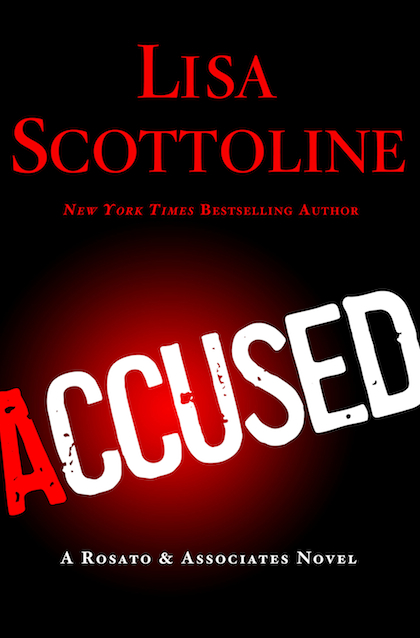
YH: You once worked as a lawyer. How much of the book(s) is based on your own legal background and experiences?
LS: A lot of it, yes. Not in the cases, per se. But more in the inside view of what it’s like to be a trial lawyer. Every trick that I had, I put in the book. I once knocked over a water jug during a trial to break up a jury. Things that I’m not necessarily proud of, but all lawyers do. There’s a lot of ironies in this book. The family of Lonnie Stall thought they were doing the right thing by not choosing a public defender, when in fact public defenders are actually pretty good. I wanted to highlight that, and the actual mistakes that he makes which defense lawyers make everyday. I tried to show the inside. Mary’s a really good lawyer, but she’s not sleazy. I have lawyers write to me all the time who say that “this rings really true to me, this is what it’s really like.” I try to demystify in my work.
YH: I personally love Mary’s family. Are they based off of your own family at all?
LS: To a certain extent they are. I have a very loving Italian-American family. They are a little more old school than my family. What I wanted to explore with Mary was the great gift it is to have such traditional love from the parents. I had it, I gave it to my daughter. I remember someone came up to my dad and said, “You must be proud of her,” and he said, “I was proud of her the day she was born.” That’s so great. There is a flip side that Mary experiences, probably more than I did. I think that her family holds her back a little. She’s very tied in to them that she needs to learn to stand on her own a little more. It’s not in a negative way, but it’s hard to let go of your parents sometimes, and I think that she has a hard time with that. I do love the foundation of her family. You don’t see a lot of books or characters that have that kind of specific family. They’re not dysfunctional.
YH: You and your daughter Francesca write a column together called “Chick Wit”. Tell us a bit about “Chick Wit” and what it’s like to co-write a column.
LS: It’s totally fun. We started doing it because we are best friends. I wanted to highlight these small details of life between mother and daughter. We’ve been doing it four years now. It’s three generations of Scottoline, including my mother. There’s small moments, but they show the generational gaps. My daughter tells me that you’re supposed to change your razor every three or four years, while I change it once it’s rusty. Then my mother comes down and tells us all that she doesn’t have any body hair and that you should never throw these razors away. Then she tells a story about how she had this colander that broke and she was mad, and I remembered she had that colander from when I was little! She was mad because she had paid good money for it. You could see that as a story about razors or colanders, or you could see it as a story about generations of women in a country. It’s really about generations in a country and how life changes, which will sometimes come down to the conversation at the kitchen table.
YH: In the novel, Allegra keeps bees. Have you yourself ever dabbled in beekeeping, or did you have to do a bit of research about bees?
LS: I read a lot, and I found a friend who keeps bees, and he helped me. I loved the resonance of the Queen Bee. It embodies the notions of power. And I wanted to flesh out this character of Allegra. She’s a bit like a younger me. She’s the nerd. I had the biggest glasses, I read all the time, I never felt like a cool kid, even though I was. I always try to help the audience realize who this character is. And I tried to think about what sort of hobby this kid would have. There’s something powerful about beekeeping too. It showed me that she’s brave. She’s clearly a troubled kid; she’s not troubled as her parents think, and more troubled than Mary thinks, but she’s clearly a troubled kid. I wanted to explore that, and I wanted to explore her mental illness and how it can affect a family. I think that the beekeeping shows that she is braver than anyone gives her credit for because it’s not an easy thing to master. It’s scary! I wouldn’t want to get stung! It’s crazy -- you have to remain composed, and that’s not something that comes easily to a 13-year-old. Beekeeping is also very solitary. I think that beekeeping allows her to explore herself and her own bravery but also limits her time being around other people.
YH: What advice would you give to writers?
LS: I love giving advice! My main advice is (stolen from Nike): Just do it. I really think that anybody can do this. The proof is when you go home at the end of the day, someone is going to ask you, “How was your day?” and you’re going to tell the story. I like to demystify writing. I really want people to tell a story in their own words. I think that’s enormously valuable. I don’t think you need to go to school or be in a writing group or in an MFA program. This can help you, but it can actually hurt you. I’ve gotten a lot of emails from people going, “I showed this novel to my writing group, but they tore it apart,” and now they’re devastated. Their writing is often good too -- sometimes it’s ready to be published! I hate that. It’s important to read different kinds of books to see what works and what doesn’t work. There are a fair amount of books out there that don’t work, and it’s important to see why those books suck. My advice is read and write, read and write, and read and write.
YH: Since you are a Native Philadelphian, do you have a favorite type of Philadelphia food, and if so, how can we make said Philadelphia-type food?
LS: Not really. I’m a spaghetti girl. It might be a South Philly thing, we put gravy in our tomato sauce. I don’t think that it’s especially Philadelphia, but a great plate of pasta tastes like home wherever you are. It’s just pure comfort food. We ate pasta every single night for dinner. I couldn’t believe when I went to my friend’s house and they ate different things each night for dinner. It’s so weird, but that’s what we ate! Pasta is awesome. One great thing to do with pasta is to throw in raw tomatoes into a cuisinart with olive oil, and then put that on top of hot pasta. You don’t even have to cook it! It’s phenomenal. It’s delicious.
You can purchase Accused on Amazon.com and follow Lisa on Twitter!
(Photo via Daniel Burke Photography)
- Sarah Osman, YH Staff

